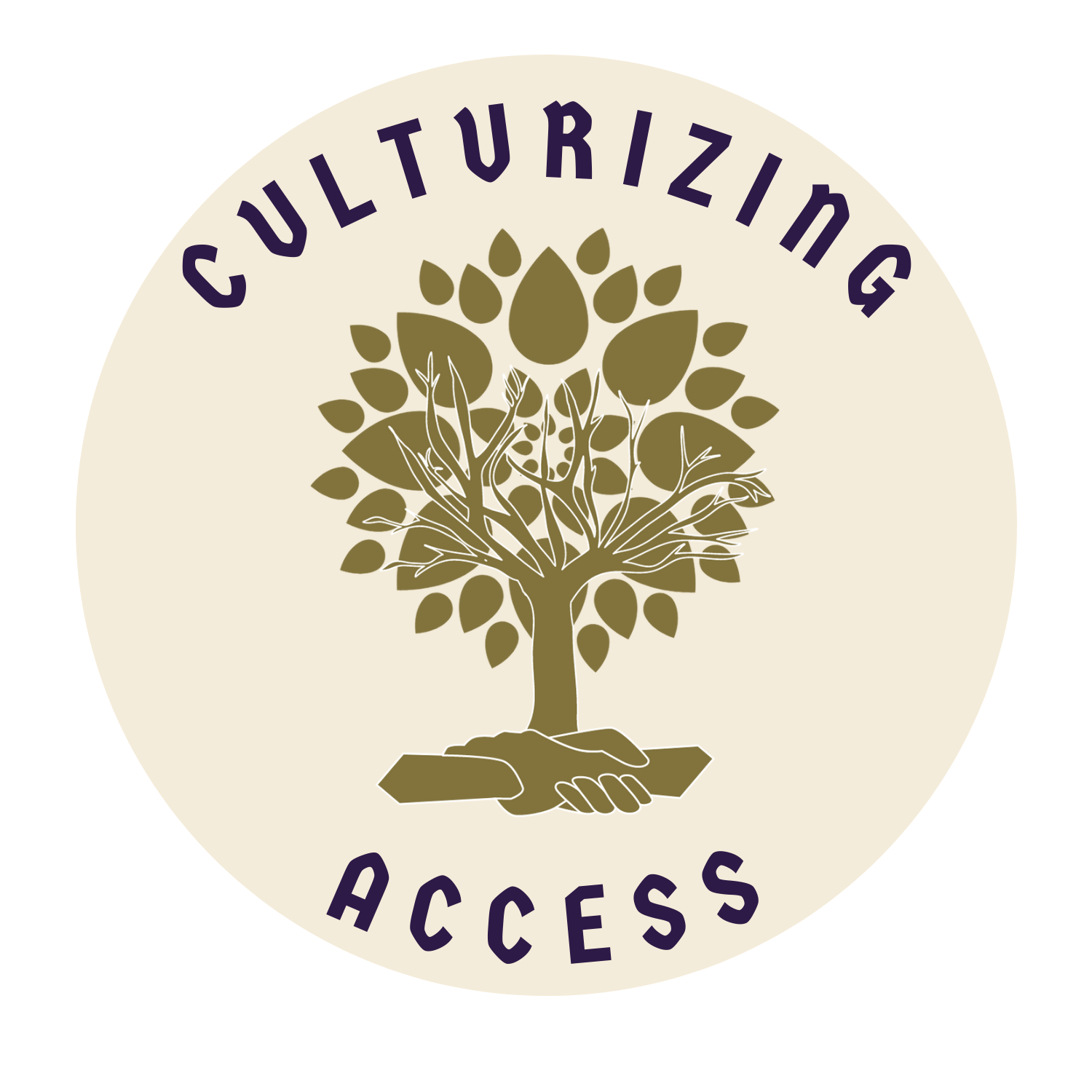Medical Interpreting Services are invaluable partners in ensuring that patients understand their medical information and can effectively communicate with their care providers. Medical interpreters play a crucial role in providing quality care for patients with limited English proficiency (LEP).
The presence of an interpreter in medical settings can often be the difference between success and failure for LEP speakers. Without access to appropriate Medical Interpreting Services, LEP patients are at a higher risk of experiencing health disparities due to a lack of understanding of medical procedures and diagnoses. To improve patient care and experience, medical professionals need to understand the different types of interpreting services available, such as in-person, phone, and video interpreters.
Enhancing Patient Care with Medical Interpreting Services

Language barriers can significantly impact patient safety, treatment adherence, and overall health outcomes. Miscommunication may lead to medical errors, reduced patient satisfaction, and compromised care quality. Therefore, integrating professional medical interpreters into healthcare settings is not just a regulatory requirement but a fundamental practice for improving patient care.
Medical interpreters are trained professionals skilled in both medical terminology and cultural nuances. Unlike untrained family members or bilingual staff, they provide precise and confidential translations, facilitating clear and effective communication between patients and healthcare providers. Their role extends beyond mere translation—they act as cultural brokers, helping navigate complex medical interactions.
To maximize the benefits of Medical Interpreting Services, healthcare professionals should follow best practices. Before consultations, brief interpreters on patient backgrounds and specific needs. During interactions, speak directly to the patient and use simple, jargon-free language. Post-consultation, debrief with the interpreter to address any issues or misunderstandings.
Investing in interpreter training for healthcare staff can further enhance communication efficacy. Understanding the interpreter’s role and developing cultural competence can lead to more personalized and respectful patient care.
Incorporating Medical Interpreting Services not only meets legal and ethical obligations but also strengthens patient-provider relationships, reduces health disparities, and improves treatment outcomes. For a more inclusive healthcare environment, leveraging these services is essential.
READ MORE: The Importance of Language Access Training in Medical Education
How to Choose the Right Mode for Each Patient

1. Consider the patient’s preferred language: Knowing the patient’s primary language is essential to determining which mode of interpretation suits them.
2. Evaluate the situation’s urgency: For urgent medical needs, in-person interpretation is usually the most appropriate. However, phone and video interpretation can also be effective for non-life-threatening medical concerns.
3. Assess the patient’s comfort level: Some patients may feel more at ease with an interpreter present, while others may feel more comfortable with a phone or video interpreter. Consider their preference to ensure they are at ease during their medical appointment.
4. Determine the availability of interpretation services: For languages that are not commonly spoken, in-person interpretation may not be an option. However, phone and video interpretation offer real-time language access, making it more accessible for patients with limited language options.
Choosing the right mode of interpretation is essential to improving patient care and experience. Medical professionals must consider each patient’s unique needs to provide accurate, timely, and culturally sensitive care. By ensuring patients can communicate effectively with their medical providers, they will receive better healthcare outcomes and an improved overall experience.
The Impact of Interpretation on Patient Care and Experience

Studies have shown that providing interpretation services can help improve patient care and experience in several ways. First, it helps establish trust and rapport between medical professionals and immigrant patients. Patients who feel understood and valued by their healthcare providers are more likely to be engaged in their care and follow through with treatment plans. Secondly, interpretation services ensure that patients receive accurate and comprehensive medical information.
When patients are informed about their conditions, medications, and treatment plans, they are more likely to feel empowered to take control of their health. Lastly, providing language services helps improve patient safety and reduce the risk of medical errors. This is especially important when dealing with medications, dosages, and allergies.
In addition to improving patient care, offering interpretation services can help healthcare organizations meet regulatory and compliance requirements. Under the Affordable Care Act, hospitals and clinics that receive federal funding must provide language assistance services to patients with limited English proficiency. Failure to comply with these regulations can result in penalties and negative publicity.
If you’re interested in learning more about how to best work with interpreters in healthcare settings, consider enrolling in my course, Working with Interpreters in Healthcare Settings. This course is designed to help medical professionals navigate the complexities of interpretation and translation in a healthcare context.


